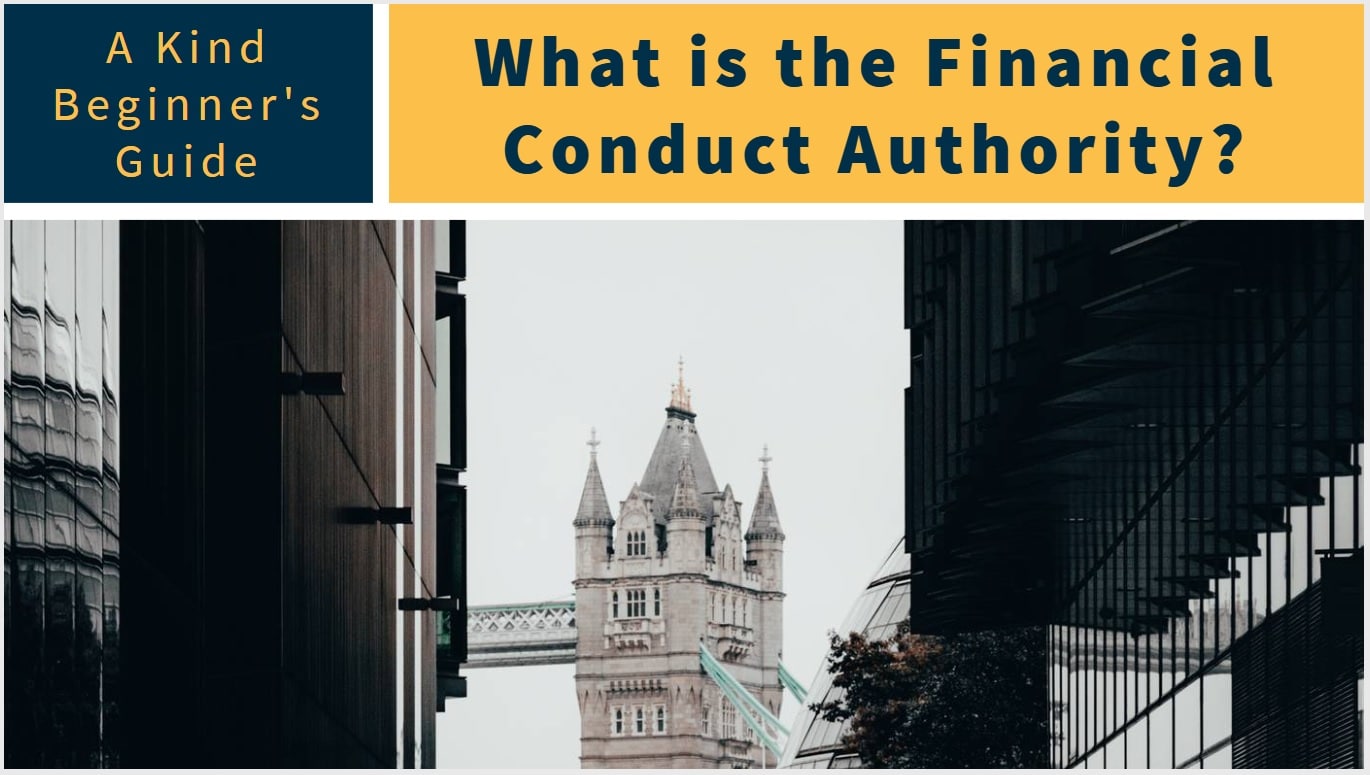What is the Financial Conduct Authority? – A Beginner’s Guide
The Financial Conduct Authority (frequently abbreviated to FCA) is the UK’s financial regulator, funded by the Financial Services industry and operating independently of the government. The FCA regulates all businesses providing financial services in the UK, both retail (financial services provided to consumers, individual people, small businesses) and wholesale (financial services provided to large businesses, other financial services organisations and banks).
Alongside the Prudential Regulation Authority and the Financial Policy Committee, the Financial Conduct Authority sets the rules and requirements for the Finance sector, deciding on minimum standards of service, the requirements of specific products and how Financial products can and cannot be advertised.
The FCA was created as part of the Financial Services Act of 2012, which came into effect on April 1st 2013. Following the fallout of the global financial crisis, there was a need to rethink and restructure how Finance was regulated, and this led to the FCA replacing the Financial Services Authority (FSA) which was itself previously known as The Securities and Investments Board (SIB), and some people will incorrectly refer to the FCA by these old names.
Not all Financial products and services in the UK are regulated, but the vast majority are. If an organisation is suspected to have broken the rules, the FCA has the legal power to investigate and fine both individuals and businesses, to require a firm to be assessed and reported on by a regulatory expert, to freeze assets, to ban products and to demand promotional materials be retracted or amended.
Certain roles in regulated businesses with significant regulatory responsibility must be carried out by a person approved by the FCA, who will ensure that they believe the person in that role has the knowledge and skills required to ensure the business rns in a compliant and legal manner.
The FCA is an industry regulator, and is funded by fees paid by Financial Services businesses. It should not be confused with the Financial Ombdusman Service (FOS) which represents Financial consumers – find out more about that here.
– – – – – – – – – – – – – – – – – – – – – – – – – – – – – – – – – – – – – – – – – – – – – – – – – – – – – – – – – – – – – – – – – – – – – – – – – – – – – – – – – – – –
This blog post is part of the Kind Beginner’s Guide series. Kind Consultancy works with Governance, Risk & Compliance professionals at all levels, from Analysts to Chief Risk Officers. For entry-level GRC professionals or graduates who are thinking of setting out on a GRC career, we wanted to provide a Beginner’s Guide to some of the big titles, terms, and acronyms that are used all the time. If you’re a newcomer to Governance, Risk & Compliance space, this could be the first time you’ve heard of “SOX”, “AML” or “Conduct Risk” and we want to give you the information you need to quickly understand these concepts.
If you’re just setting out on your Governance, Risk & Compliance career journey, we’d also recommend our Candidate Guides with top tips on job searches, interview techniques, and more. Follow us on LinkedIn and bookmark our jobs page to make sure you know about all of our latest opportunities.
If you’re an experienced Compliance and Regulations professional and are searching for your next permanent role or interim contract, have a look at our current opportunities or get in touch on 01216432100 or info@kindconsultancy.com – we often work on high-level projects we can’t advertise so don’t be put off if nothing on the website fits what you’re looking for, we may have the right next move waiting for you.
If you’re a client and are in search of your business’s next great Compliance Manager or Chief Compliance Officer with expert-level knowledge of the FCA, contact us now on info@kindconsultancy.com or 01216432100 for a confidential conversation.




